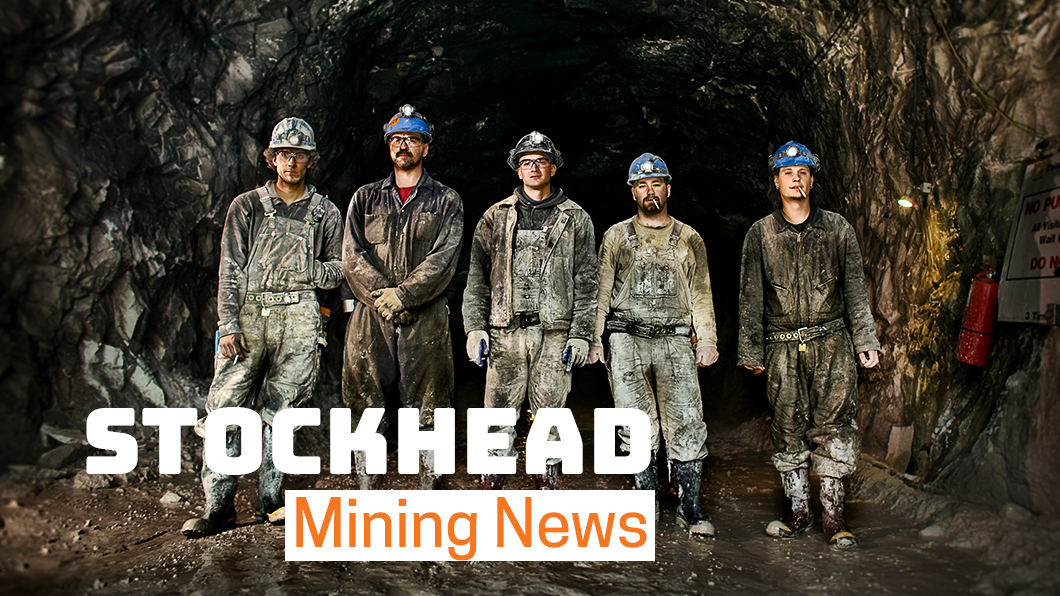Scoping study issues continue to plague ASX-listed explorers

Pic: Tyler Stableford / Stone via Getty Images
ASX-listed companies come under greater scrutiny than private companies and one of the recurring problem areas for many juniors is what can and can’t be included in scoping studies.
The issues surrounding scoping studies have been a thorn in the side of explorers for several years, and not much has been done since the Australian Securities and Investments Commission (ASIC) released a draft of its regulations around forward-looking statements in April 2016 following two years of discussions with the industry.
One of the key concerns for industry is that it puts potential investment at risk and leaves smaller investors at a disadvantage because they don’t have access to all the information.
ASIC says it is common for investors in resources companies to put a lot of emphasis on “forward-looking statements” when considering an investment.
But the regulator says companies need to be careful because those that publish non-compliant forward-looking statements “take legal and reputational risks”.
A forward-looking statement is a statement about a future matter, such as production targets and forecast financial information.
ASIC made some minor drafting changes to clarify its guidance in response to concerns and misunderstandings that arose at the time of the original release of its regulations in April 2016.
The corporate watchdog clarified that production targets and forecast financial information can be published even if secured funding is not in place, but a company still needs to be able to demonstrate “reasonable grounds” that it could obtain the necessary finance as and when required.
If a company does not have “reasonable grounds” to assume it can fund a project then ASIC considers it misleading to publish forward looking statements such as cash flow or production forecasts.
Small investors not fully informed
This is where it gets confusing for explorers and difficult for investors.
If a company has been compelled to retract production schedules and financial models, it is then not allowed to refer to them in any future presentations or market releases – and they are deemed not material by ASIC.
But junior explorers argue that the production schedules and financial models of a project may be very material even if a company’s market cap is small.
Meanwhile, a company can discuss those same forecasts that were retracted with sophisticated investors who are considering providing funding and it’s not considered to be misleading because the company is not implying that it can fund the project.
This makes larger sophisticated investors privy to information that smaller mum and dad type investors are not able to access.
Objective or subjective?
ASIC says “the test for reasonable grounds is an objective one and depends on the facts of each case”.
But some explorers argue that it is more arbitrary and subjective than objective.
“One of the challenges for us is where there’s inconsistency applied by the ASX, where a company will look at what has been released by another company and what has been considered acceptable,” Association of Mining and Exploration Companies (AMEC) CEO Warren Pearce explained.
“They then use the same form of words or same type of information provided in the same way and they’re told by the ASX that they can’t put that information out in that way.
“Now that creates a bit of frustration among our members because there’s not a consistent approach being applied to all companies.”
ASX spokesman Matthew Gibbs told Stockhead there had been “some disappointment” expressed by companies that had not been permitted by the ASX to release their scoping studies because of concerns the information could be misleading due to an over-reliance on inferred resources and, therefore, not in accordance with the Corporations Act, ASX policy or ASIC’s IS 214.
Mineral resources are categorised in order of increasing geological confidence from inferred to indicated to measured.
Inferred resources are estimated using limited geological evidence and sampling information, which means there’s not enough confidence to evaluate the project’s economic viability.
However, Gibbs said the industry was supportive of the ASX guidance on scoping studies.
“We regularly discuss it with stakeholders,” he said.
With respect to the question of consistency, Gibbs says all scoping studies are reviewed by a member of the ASX’s resources team, which includes geologists.
“We inform ASIC as necessary,” he explained.
“Many studies we pre-vet. Some are released without ASX’s review. Some of these are subsequently retracted or amended.”
Companies that have been forced to retract their scoping study announcements include base metals explorer Mithril Resources (ASX:MTH), New Talisman Gold (ASX:NTL), graphite producer Syrah Resources (ASX:SYR) and copper-silver explorer Valor Resources (ASX:VAL).
AMEC has been in regular talks with the ASX over the past 12 months.
“We’re absolutely cognizant that information has to be reliable and our companies work hard to make sure it is,” AMEC’s Pearce told Stockhead.
“But sometimes it feels like we’re being prevented from putting out information that should reasonably be able to make it into the investment market so people can understand what does happen in the company and can make decisions on it.
“We need to be able to make that promotional effort in order to keep investment coming into our industry.”
Missed opportunity
Pearce argues that it is not so much an administrative or cost burden on companies as it is more of a missed investment opportunity.
“The problem is largely unknown until the last minute,” he said.
“So you go to put your information out, you’ve based it on something that’s been seen to be acceptable in previous cases or with other companies and then you find out last minute that you can’t put the information out.
“Often that leads to a two- or three-day delay while the company sorts out with ASX what can and can’t be said, and typically when they are putting out their statement, they’re often time sensitive.
“You try to do it at a particular point ahead of an investment conference or ahead of something happening that gives you the best chance to promote your company and attract some investment opportunity.
“So I don’t think it’s a major cost factor so much as there is an opportunity that has been lost when these things get held up.”
There is a proposal for a “JORC 20/20” review next year which will involve ASX.
JORC refers to the mining industry’s official code for reporting exploration results, mineral resources and ore reserves, managed by the Australasian Joint Ore Reserves Committee.
Gibbs said the ASX planned to review the scoping study guide at the same time but separately to the JORC review.
UNLOCK INSIGHTS
Discover the untold stories of emerging ASX stocks.
Daily news and expert analysis, it's free to subscribe.
By proceeding, you confirm you understand that we handle personal information in accordance with our Privacy Policy.








